FRANKFURT Sept 9 V7N – The European Central Bank (ECB) is widely anticipated to cut interest rates again this week, as inflation continues its gradual descent towards the bank’s two-percent target. However, ECB policymakers are expected to remain tight-lipped about any future moves.
Since mid-2022, the ECB has raised rates sharply to combat soaring consumer prices, but with inflation easing, it has started to reverse course. In June, the ECB reduced the key deposit rate from 4 percent to 3.75 percent—its first rate cut since 2019. After pausing in July, another quarter-point reduction is expected this Thursday, marking a second rate cut aimed at easing financial pressure on households and businesses.
Market analysts, such as those at HSBC, suggest the decision for a cut is almost universally expected. Confidence has been boosted by Eurozone inflation data, which showed a decrease to 2.2 percent in August, just shy of the ECB's target. Inflation rates had peaked at 10.6 percent in October 2022 due to the economic fallout from Russia's invasion of Ukraine and post-pandemic supply chain disruptions.
Despite these positive inflation trends, economic challenges persist. Germany, the Eurozone’s largest economy, unexpectedly contracted in the second quarter, raising concerns about the region’s broader economic outlook. Additionally, wage growth slowed significantly, reducing fears that high labor costs might reignite inflation.
The ECB’s upcoming decision will be informed by updated inflation and growth forecasts. Similar actions by the US Federal Reserve, expected to cut rates next week, provide further confidence for ECB policymakers.
While Thursday’s rate cut seems certain, analysts predict ECB President Christine Lagarde will not offer much guidance on future rate decisions, emphasizing that the bank will remain "data-dependent." Though inflation in services and core sectors remains high, further cuts could come later this year as the ECB responds to weakening economic conditions across the Eurozone.
END/RH



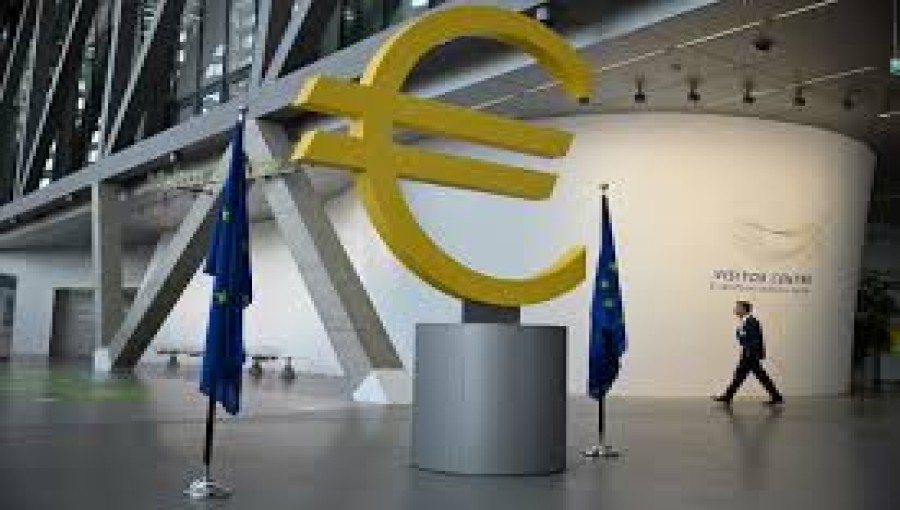
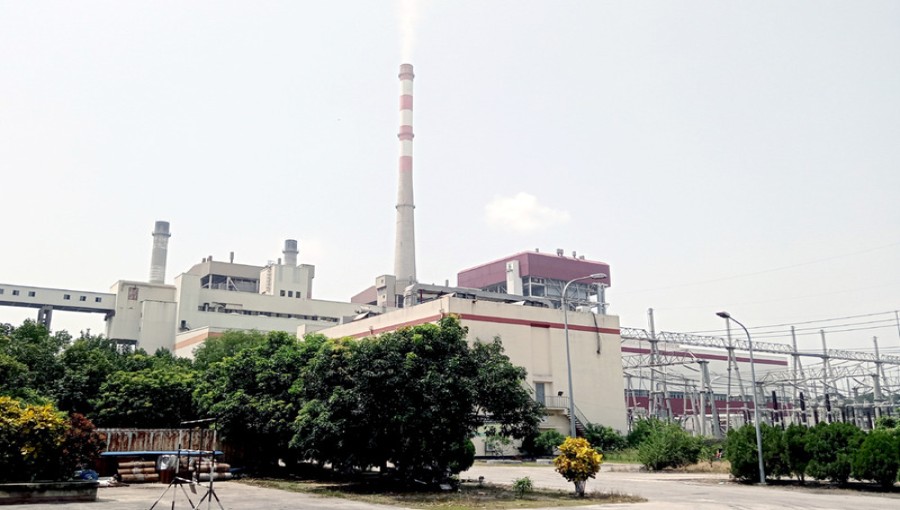
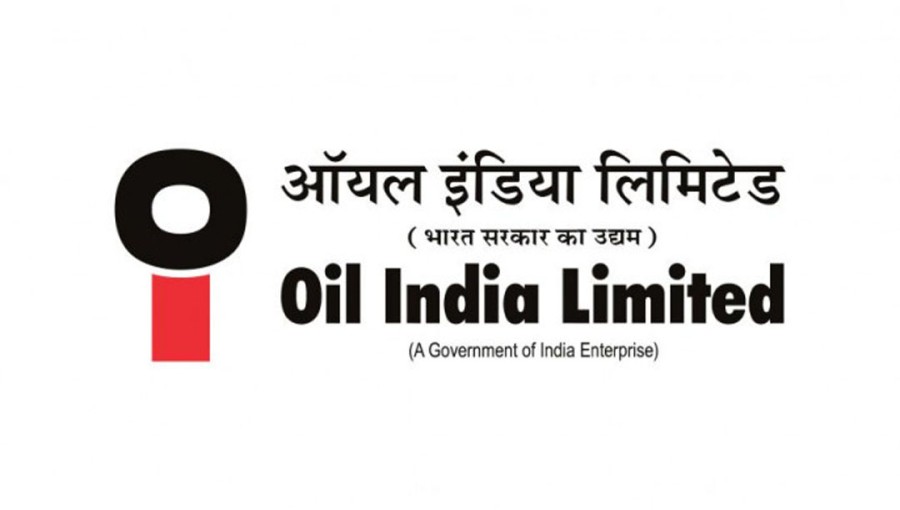
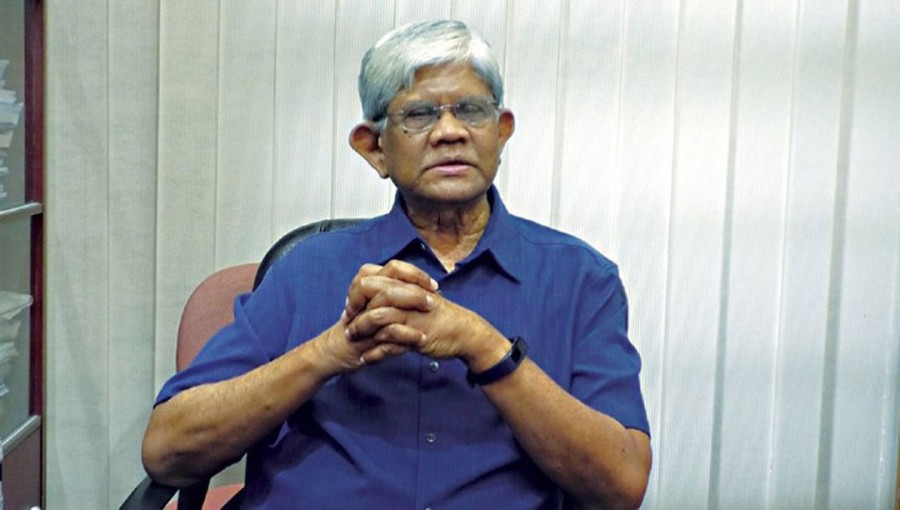







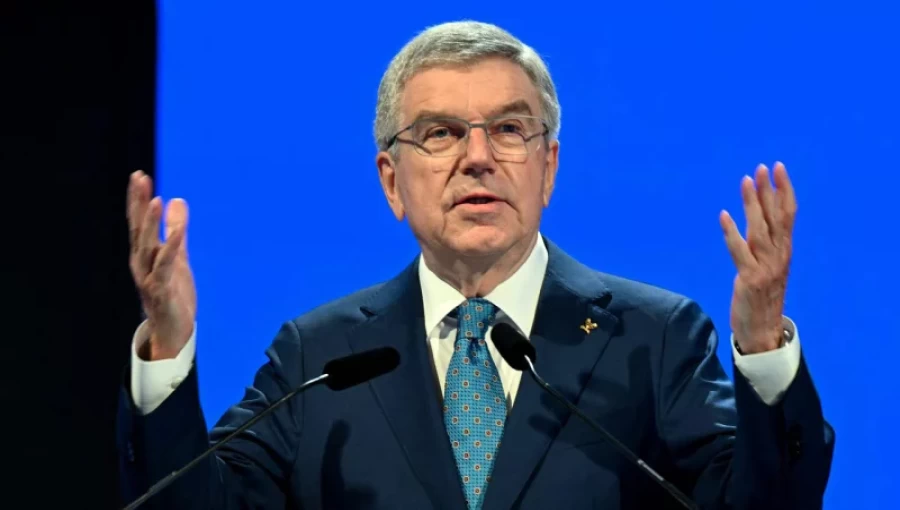
















Comment: